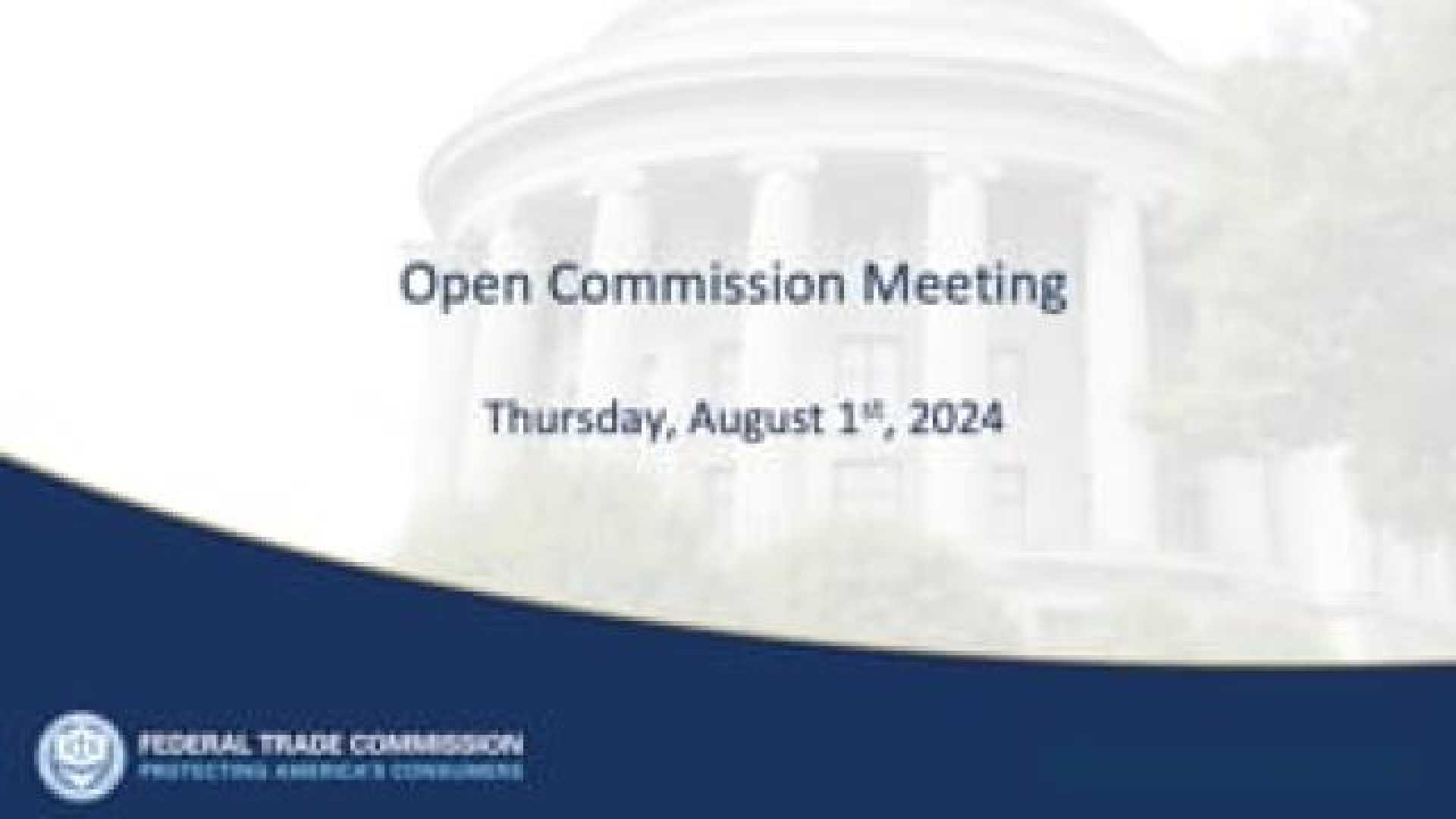News
Andrew N. Ferguson Nominated as Next FTC Chair, Targets Big Tech and Censorship

President-elect Donald Trump has announced his intention to appoint Andrew N. Ferguson as the next chair of the Federal Trade Commission (FTC), according to a recent post on Truth Social.
Ferguson, who was sworn in as an FTC Commissioner on April 2, 2024, has a robust background in law and politics. He previously served as the solicitor general of the Commonwealth of Virginia, chief counsel to U.S. Sen. Mitch McConnell, and as a Republican counsel on the U.S. Senate Judiciary Committee. Ferguson also practiced law at several Washington, D.C. law firms and clerked for Judge Karen L. Henderson on the U.S. Court of Appeals for the D.C. Circuit and U.S. Supreme Court Justice Clarence Thomas.
As an FTC Commissioner, Ferguson has been vocal about his concerns regarding Big Tech and censorship. He and fellow Republican FTC Commissioner Melissa Holyoak have called for an investigation into efforts by online platforms and major advertising agencies to limit free speech and engage in censorship. Ferguson alleges that these entities use misinformation monitors, such as NewsGuard, to target conservative media outlets by demonetizing their advertising revenues.
Ferguson is advocating for the revival of President Donald Trump’s 2020 Executive Order 13925, which aimed to prevent and limit online censorship. He argues that the FTC should investigate and potentially prosecute illegal boycotts facilitated by advertising agencies that target media outlets based on their political views. Ferguson cited the example of major advertisers withdrawing from Twitter (now X) after its purchase by a free speech advocate, labeling such actions as “concerted refusals to deal” which are illegal under the Sherman Act.
NewsGuard, a media monitor founded by Steven Brill, has been a focal point of Ferguson’s criticism. He argues that NewsGuard, despite its claims of nonpartisanship, has been used by advertising agencies to block conservative media from receiving ads, effectively choking off their revenue streams. Ferguson notes that while NewsGuard is free to rate websites, antitrust laws do not permit third parties to facilitate group boycotts among competitors.












